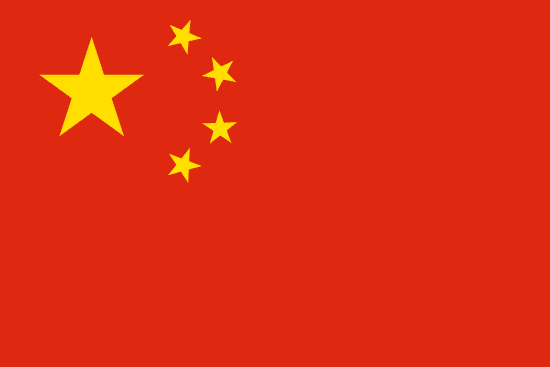"吉林市,雾凇之城 | Jilin City, the city of rime"
About:
Jilin City, located in Jilin Province, Northeast China, was established in 1673 during the Qing Dynasty. It grew as a strategic military site and later became a commercial hub due to its location on the Songhua River. In the early 20th century, it was a major center of the Manchukuo puppet state under Japanese control. Post-WWII, Jilin City developed into an industrial base. Today, it's known for its automobile industry, education sector, and the annual Ice Lantern Festival, reflecting its rich history and modern development.
When to visit:
Jilin City, located in northeastern China, experiences distinct seasonal changes throughout the year. The most popular time to visit Jilin City is during the summer months of June to August when the weather is warm and pleasant, perfect for exploring the city's many attractions. In winter, Jilin City transforms into a winter wonderland with its famous ice and snow sculptures, making it a popular destination for winter sports enthusiasts. Spring and autumn offer milder weather, making it a good time to visit for those who prefer cooler temperatures and fewer crowds. Ultimately, the best time to visit Jilin City depends on your personal preferences and interests.
When to avoid:
Traveling to Jilin City, located in northeastern China, during the Chinese New Year holiday can be challenging due to the high volume of domestic tourists flocking to the city for celebrations. The holiday typically falls between late January and mid-February, with exact dates varying each year based on the lunar calendar. During this time, popular tourist attractions in Jilin City may be crowded, accommodations may be fully booked, and transportation services could be limited. Visitors planning a trip during the Chinese New Year holiday should make arrangements well in advance to ensure a smooth and enjoyable experience.
Winter (Dec-Feb)
Jilin City, China, experiences its coldest and wettest period in winter, specifically from December to February. Average temperatures plummet to -13°C, with snowfall being common and intense. Rainfall is negligible, but the city gets blanketed in snow, reaching up to 50mm. Sunlight is scarce, with only 3 to 4 hours of daylight. The sky is usually overcast, contributing to the chilly atmosphere. An average day for a visitor involves braving the cold, exploring snow-covered landscapes, and participating in winter sports like skiing. It's a winter wonderland for those who enjoy frosty conditions.
"Jilin Summer (June-August)"
In Jilin City, China, the warmest part of the year is during the summer months, from June to August. During this time, the average high temperatures range from 25°C (77°F) to 30°C (86°F), while the lows range from 15°C (59°F) to 20°C (68°F).
Rainfall is relatively high during this season, with July being the wettest month, averaging around 120mm of precipitation. The summer months also have the most daylight hours, with an average of 6 to 7 hours of sunshine per day.
Humidity levels are typically high during the summer, often exceeding 70%, which can make the heat feel more intense. Cloudiness varies, but generally, there are more clear or partly cloudy days than overcast ones.
A typical day for a visitor in Jilin City during the summer could start off cool in the morning, quickly warming up as the day progresses. The heat can feel quite oppressive due to the high humidity, especially in the afternoon. There could be sudden showers or thunderstorms, particularly in July, so carrying an umbrella would be a good idea. Despite the occasional rain, there's also a good amount of sunshine to enjoy outdoor activities. The evenings are usually cooler, providing a pleasant respite from the day's heat.
Language:
Mandarin Chinese is the primary language spoken in Jilin City, China. A specific dialect known as Northeastern Mandarin is prevalent due to the city's geographical location in the northeastern part of the country. Additionally, the Korean language is also spoken among the Korean-Chinese community residing in the city.




